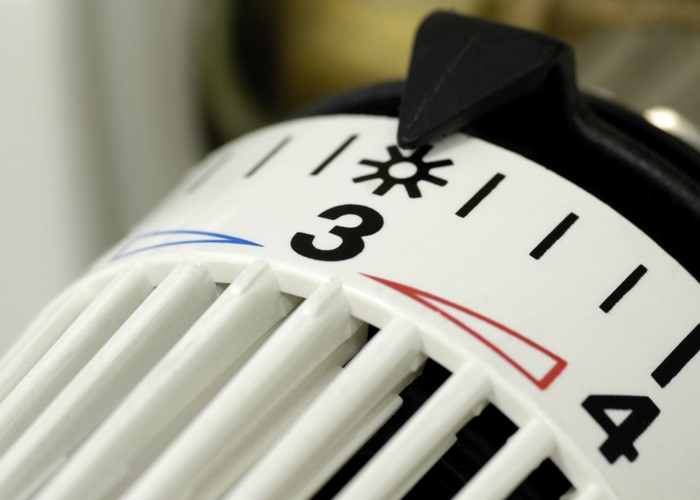UK swamped with natural gas ‒ but don’t expect energy bills to fall

As energy bills soar, UK power stations are using extra gas to ramp up electricity supply and sell it abroad.
You don’t need me to tell you that we are in the midst of an energy crisis in the UK.
Households have already had to deal with a 54% increase to the energy price cap this year, with a second rise expected to take place in October.
That second jump would take the price cap to a mammoth £2,600.
Even before this price rise takes place, around six million households are believed to be in debt to their supplier.
This desperate situation is all the more incredible when you consider that our energy system is positively overwhelmed with natural gas.
From importer to exporter
As pointed out by Sky’s Ed Conway, the two gas lines that connect the UK with mainland Europe are not only running at full capacity currently, but have actually been operating at as much as 20% above capacity of late.
However, the pipes aren’t enough to get all of the liquified natural gas in the UK out to Europe.
A lot of this gas has been shipped over to the UK from America, driven by high gas prices, but there isn’t the infrastructure in place either to get more of it into continental Europe, or to store it within the UK.
What’s more, given the weather is improving, our own gas use is falling, which simply adds to the stockpile.
Because of this oversupply, it means the price of ‘day ahead’ gas ‒ as the name suggests, the price you pay if you want the gas delivered the next day ‒ has dropped substantially.
As Conway points out, this has led to the surreal spectacle of the nation’s gas-fired power stations going ham, using this gas to produce as much electricity as possible.
As a result, the UK has turned into a big exporter of electricity, compared to our usual status as an importer.
The notion that even as Britons face the biggest cost of living crunch in generations, caused in large part by crazily high natural gas prices, natural gas prices themselves are now down close to what might be considered "normal" levels is somewhat mind-blowing, right?
— Ed Conway (@EdConwaySky) May 17, 2022
Can’t we store the gas ourselves?
I know what you’re thinking. If we are producing so much of this natural gas, why don’t we save some of it for later this year, when we already know that the energy market is going to be incredibly testing.
After all, if you can save some gas today, that could limit the hurt down the line when our energy use cranks up a notch due to falling temperatures.
Unfortunately, our storage situation isn’t great.
Back in 2017 the Rough storage facility ‒ the largest in the UK, which had provided the bulk of our storage for three decades ‒ was closed.
This was in part down to the Government’s unwillingness to help foot the bill for repairs to the facility.
At the time this didn’t seem a big issue; we want to ditch gas use anyway, while there was plenty of supply and it was lovely and cheap. Obviously, the situation today is rather different.
To put our lack of storage into context, a report last year by Gas Infrastructure Europe suggested that we have the capacity for around 2% of the amount we demand each year.
By comparison, Europe’s four largest storers ‒ Italy, Germany, France and the Netherlands ‒ have storage worth 25-37% of their annual use.
Why isn’t the oversupply cutting our energy bills?
The other obvious question is why, given ‘day ahead’ gas prices are now so low, is this not translating into falling energy bills?
Unfortunately, the crucial part here is the ‘day ahead’ aspect of that price.
Our energy suppliers don’t sign up to ‘day ahead’ contracts.
Instead, they sign up for deals months and years ahead of time, and the prices for gas on that longer-term basis are far higher than before the invasion of Ukraine took place.
Now, it may be that further down the line this oversupply is reflected in the prices our suppliers pay for their gas, but that appears unlikely.
Instead, we are left with the bonkers situation where we are so overwhelmed with natural gas that power stations are cranking up their electricity production, and selling it overseas, while Brits face the prospect of yet more painful bill hikes in the months ahead.
Comments
Be the first to comment
Do you want to comment on this article? You need to be signed in for this feature